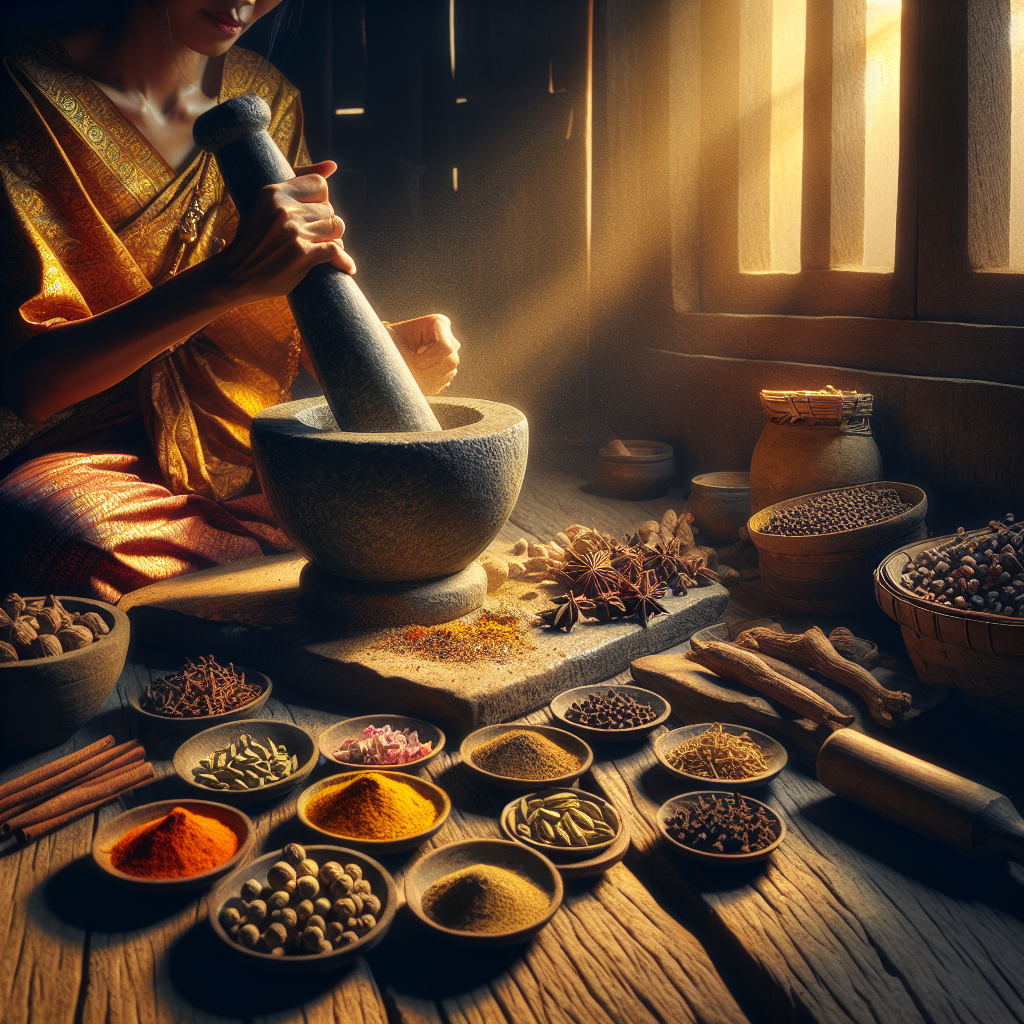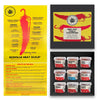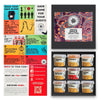First News Article

Spices have been an integral part of human civilization for thousands of years. From adding flavor to food to their medicinal properties, spices have played a significant role in shaping cultures and cuisines around the world. In this blog post, we will take a journey through time to explore the rich history of spice and its impact on our lives.
What are spices and where do they come from?
Spices are derived from various parts of plants, including seeds, bark, roots, and fruits. They are known for their strong aroma, distinctive taste, and vibrant colors. The origins of spices can be traced back to ancient civilizations, where they were highly valued for their culinary and medicinal properties.
The spice trade: a catalyst for exploration and globalization
Spices have been sought after for centuries, leading to the development of extensive trade routes and the exploration of new lands. During the Middle Ages, spices such as pepper, cinnamon, and cloves were considered luxury goods and were highly prized in Europe. The spice trade played a crucial role in shaping the world as we know it today, driving exploration and globalization.
Spices in ancient civilizations
Ancient civilizations recognized the value of spices and incorporated them into their daily lives. In ancient Egypt, spices were used for embalming, religious rituals, and flavoring food. The Egyptians even used spices as currency, highlighting their immense worth. Similarly, in ancient India, spices like turmeric and cardamom were used for their medicinal properties and as offerings to the gods.
The spice routes and the age of exploration
During the 15th and 16th centuries, European explorers set out to find new trade routes to the East, in search of valuable spices. This era, known as the Age of Exploration, led to the discovery of new lands and the establishment of colonial empires. The Portuguese, Dutch, and British were among the major players in the spice trade, establishing trading posts and monopolies in spice-producing regions.
Spices in modern cuisine
Today, spices continue to be an essential part of global cuisine. They add depth, complexity, and flavor to dishes, elevating them to new heights. From the fiery heat of chili peppers to the aromatic allure of cinnamon, spices have the power to transform ordinary meals into extraordinary culinary experiences.
The health benefits of spices
Aside from their culinary uses, spices also offer a range of health benefits. Many spices possess antioxidant, anti-inflammatory, and antimicrobial properties. For example, turmeric contains curcumin, a compound known for its anti-inflammatory effects. Cinnamon has been shown to help regulate blood sugar levels. Incorporating spices into your diet can not only enhance the taste of your meals but also contribute to your overall well-being.
Conclusion
The history of spice is a testament to the enduring fascination humans have had with these aromatic treasures. From ancient civilizations to the age of exploration and modern cuisine, spices have left an indelible mark on our culture, trade, and health. So, the next time you sprinkle some cinnamon on your oatmeal or add a pinch of cumin to your curry, take a moment to appreciate the rich history behind these humble yet extraordinary ingredients.
spice-
Posted in
history of spices, spices





